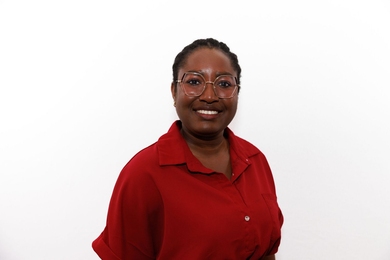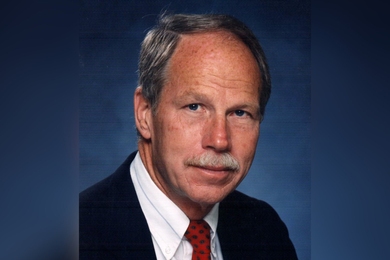The MIT Department of Economics apparently has completed its "hat trick"--in hockey parlance, that's three goals in a game by one player--on the Council of Economic Advisers.
The New York Times reported Monday that President Clinton had chosen Joseph E. Stiglitz, a Stanford University economics professor who obtained his doctorate in economics from MIT in 1967, as the third member of the highly influential advisory group.
Although the appointment must be confirmed, Professor Stiglitz is expected to begin work in Washington next week, the newspaper said, joining two other holders of MIT PhDs in economics, Laura D'Andrea Tyson (1974), the Council chairperson, and Alan S. Blinder (1971).
"We call him Jumping Joe," Professor Rudiger W. Dornbusch of MIT told the Times. "He's a restless researcher and teacher. In terms of professional reputation, I think he's the most distinguished young economist out there."
Said another MIT economist, Professor Paul R. Krugman, "Joe is one of the great economic theorists of the last 20 years. Aside from trying to save the world, he is going to Washington because he is looking for an interesting new experience.
Dr. Stiglitz, 50, a graduate of Amherst College, studied at MIT under Professors Paul A. Samuelson and Robert M. Solow, both of whom are Nobel laureates and Institute Professors. Professors Stiglitz and Samuelson both come from Gary, Ind., the Times noted.
Dr. Stiglitz taught at MIT in 1966 while still a doctoral student and left the next year to join the faculty at Yale University, where he became a full professor at the age of 26.
The Times said that, in the view of many experts, Professor Stiglitz is likely to win a Nobel Memorial Prize in Economics for his research into the effect of imperfect or incomplete information on the functioning of markets and economies.
An earlier New York Times story, headlined "Cambridge Pushes Chicago Aside," had this to say of the growing MIT influence in Washington:
"In making several sages with MIT doctorates the new suzerains of economic affairs, the Clinton administration has endorsed the Cambridge school's view that government has a powerful role to play in building a stronger economy."
The story noted that the contingent of MIT economics PhDs in Washington included Lawrence. F. Katz (1985), a Harvard professor selected to be the Labor Department's chief economist; David M. Cutler (1991), a Harvard professor headed for the National Economic Council; and Les Aspin (1965), the Wisconsin congressman who was named Secretary of Defense.
A version of this article appeared in the March 17, 1993 issue of MIT Tech Talk (Volume 37, Number 26).





